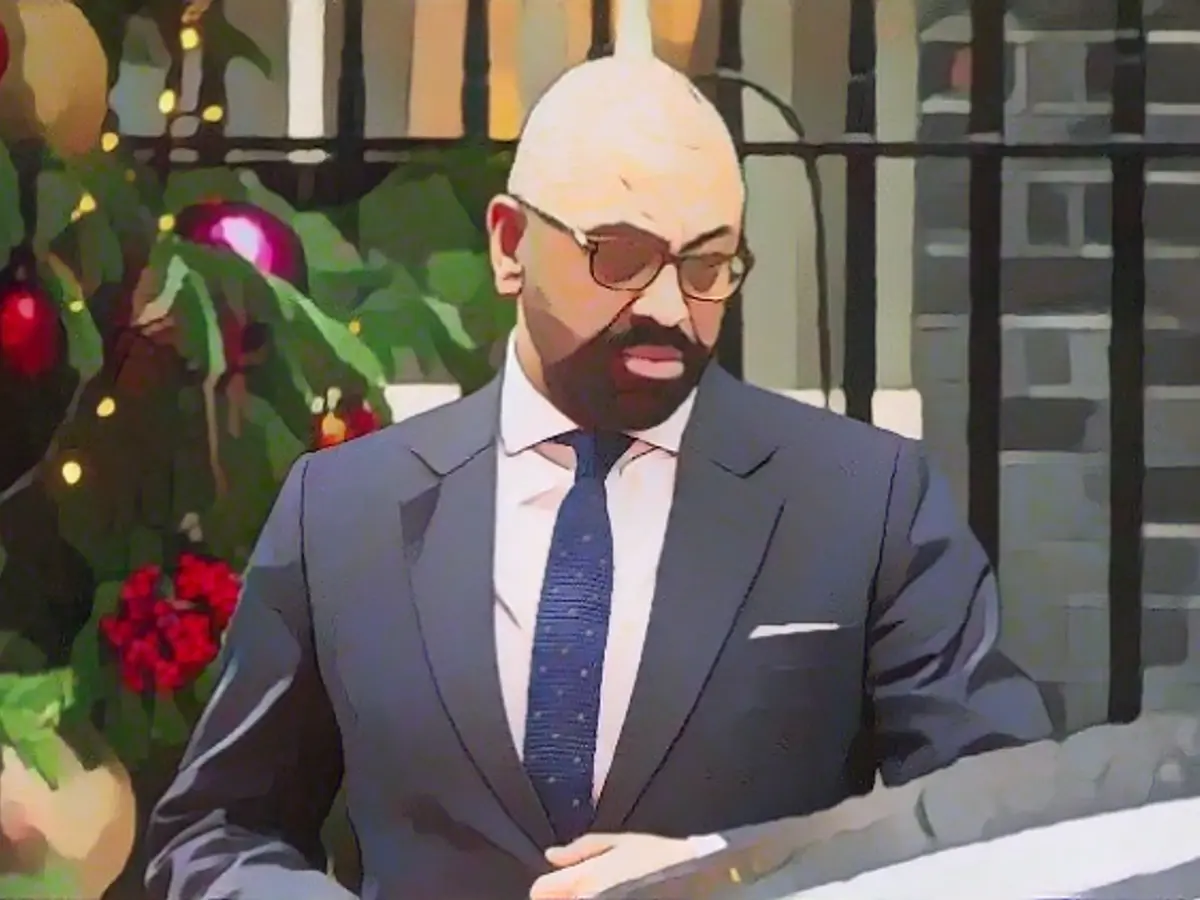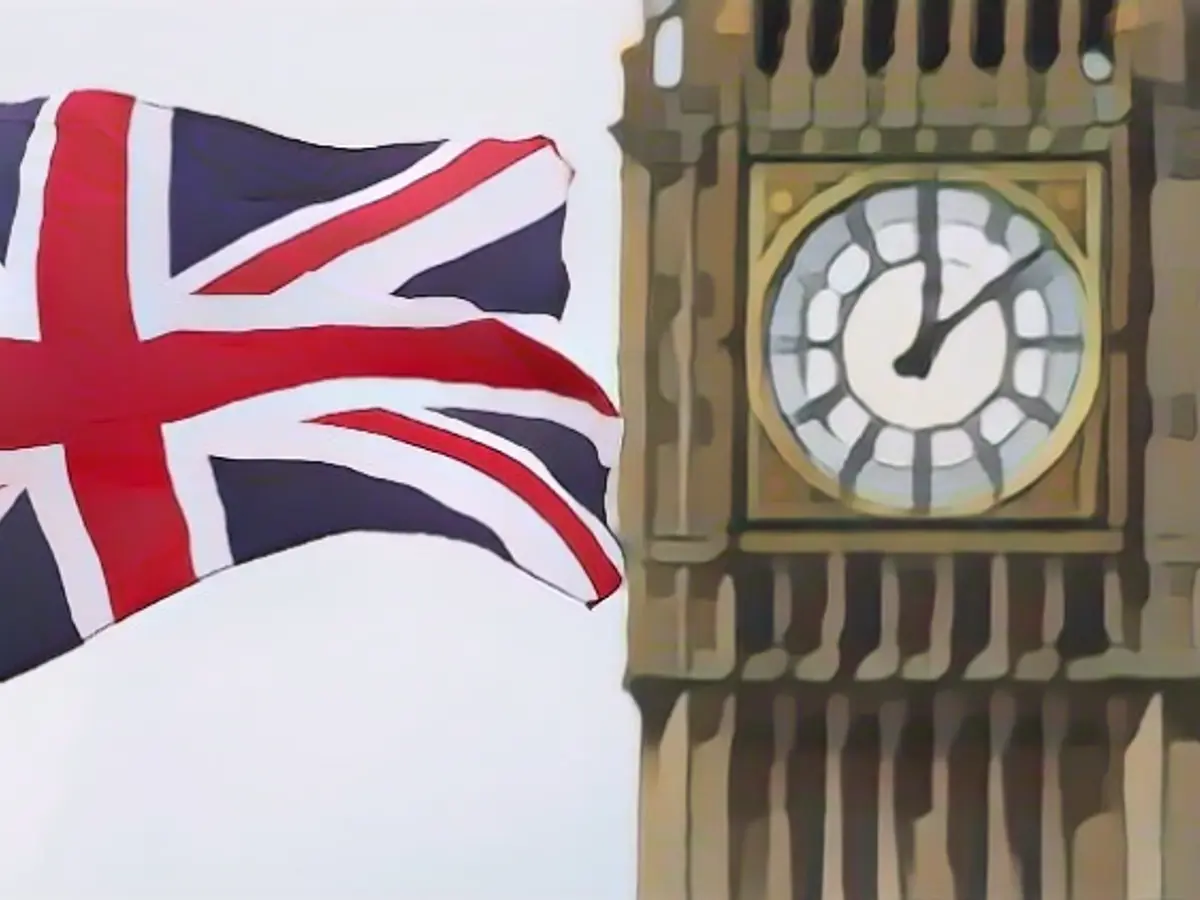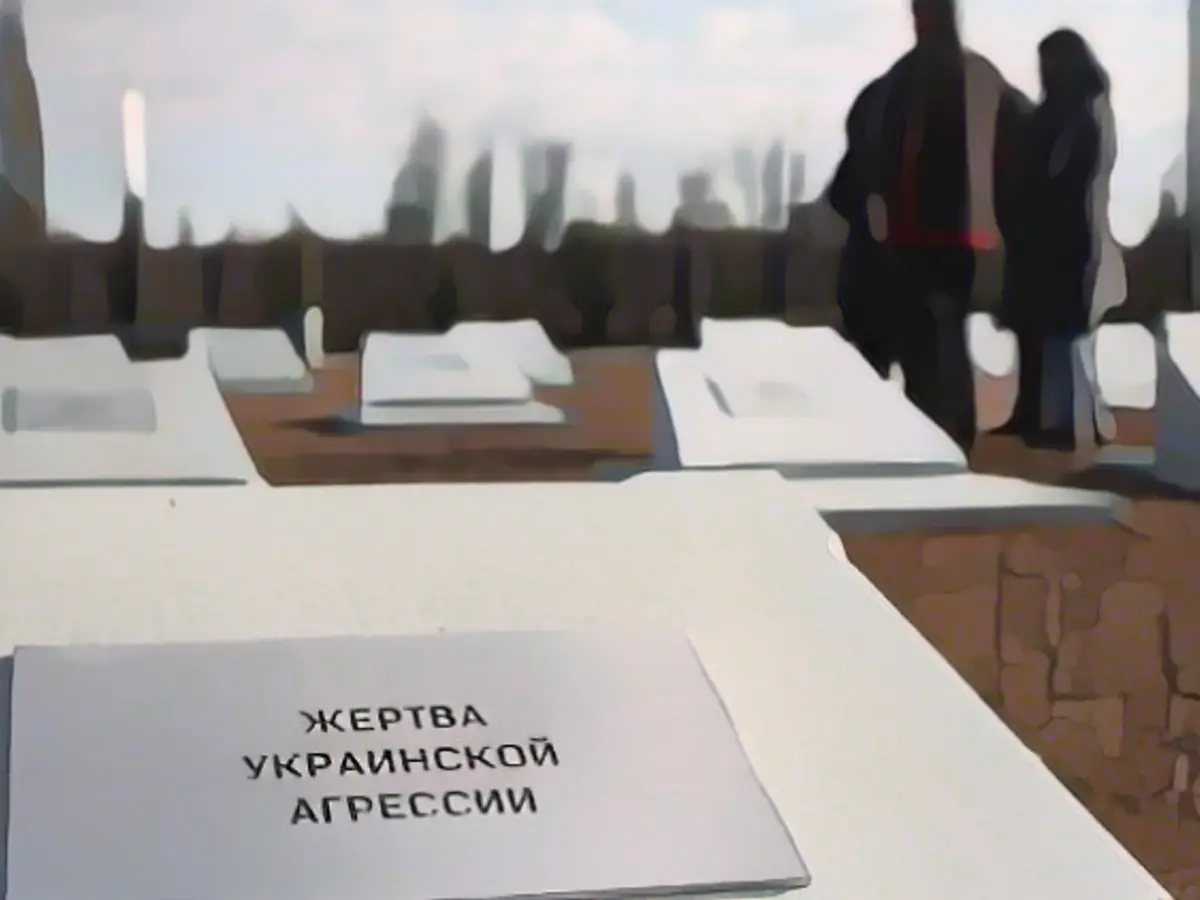Harry's US Journey: Forced Expat or Royal Rebel?
In his legal battle over British police protection, Prince Harry asserted that his journey to the US was far from voluntary. His lawyer, Shaheed Fatima, argued against the Home Office's claim that Harry chose to relinquish his "working member" status at the High Court in London.
Harry, now 39, expressed his deep regret for being "compelled" to step down from his royal role and leave the United Kingdom in 2020. His sentiments were summarized in a statement read out by his legal representative, revealing his desire for his children to feel as at home in the UK as they do in their current California residence. However, this comfort could only be attainable if his children's safety could be ensured on British soil.
The Sussexes' Californian Exile
Harry and Meghan, his spouse, retired from royal duties in April 2020. Consequently, they forfeited the taxpayer-funded protective services they had previously enjoyed in the UK. The British Home Office subsequently declined to provide security personnel for Harry during his visits to the UK, despite the prince's financial willingness to cover any associated costs.
The High Court trial, initiated in March, centers on the Home Office's decision to grant protection to Harry on a case-by-case basis, announced in February 2020.
Home Office vs. Duke of Sussex
James Eadie, representing the Home Office, argued that the limited protection offered to Harry is attributable to his change in status. As a "member of the royal family without an official function," Eadie explained, Harry's protection depends on the context and specific conditions.
Insight: Royal Exile
Harry and Meghan's decision to leave the royal family was catalyzed by various factors, including safety concerns and a lack of adequate protection. Their relocation to California, where they now reside with their children, led to their loss of taxpayer-funded police services in the UK.
Harry's court case seeks to reestablish his police protection during visits to the UK, highlighting the complexity of balancing personal safety, royal obligations, and the taxpayer's expenses.
Related Articles
- Following his resignation from his royal duties in 2020, Prince Harry claimed that his decision to leave the United Kingdom was not voluntary, but rather born out of necessity due to safety concerns and a lack of adequate protection for him and his family.
- In a legal dispute with the Home Office, Harry's attorney, Shaheed Fatima, challenged the Home Office's assertion that Harry willfully relinquished his status as a "working member" of the royal family, arguing instead that the move was compelled.
- During the trial, it was revealed that the British Home Office had granted Prince Harry limited protective services on a case-by-case basis, rather than providing him with automatic police protection, as he had previously enjoyed during his time as a working royal.
- Prince Harry's court case focuses on the Home Office's decision to only provide him with limited protection, a move that he strongly opposed and sought to challenge. The outcome of this trial could have significant implications for the Duke of Sussex's future visits to the UK and his family's safety.
Source:








